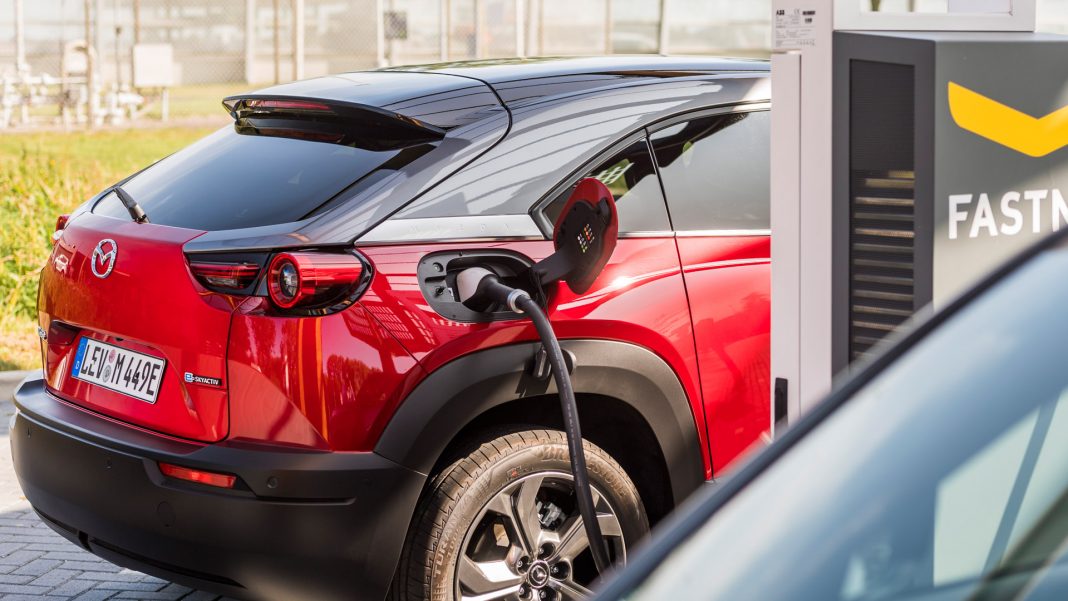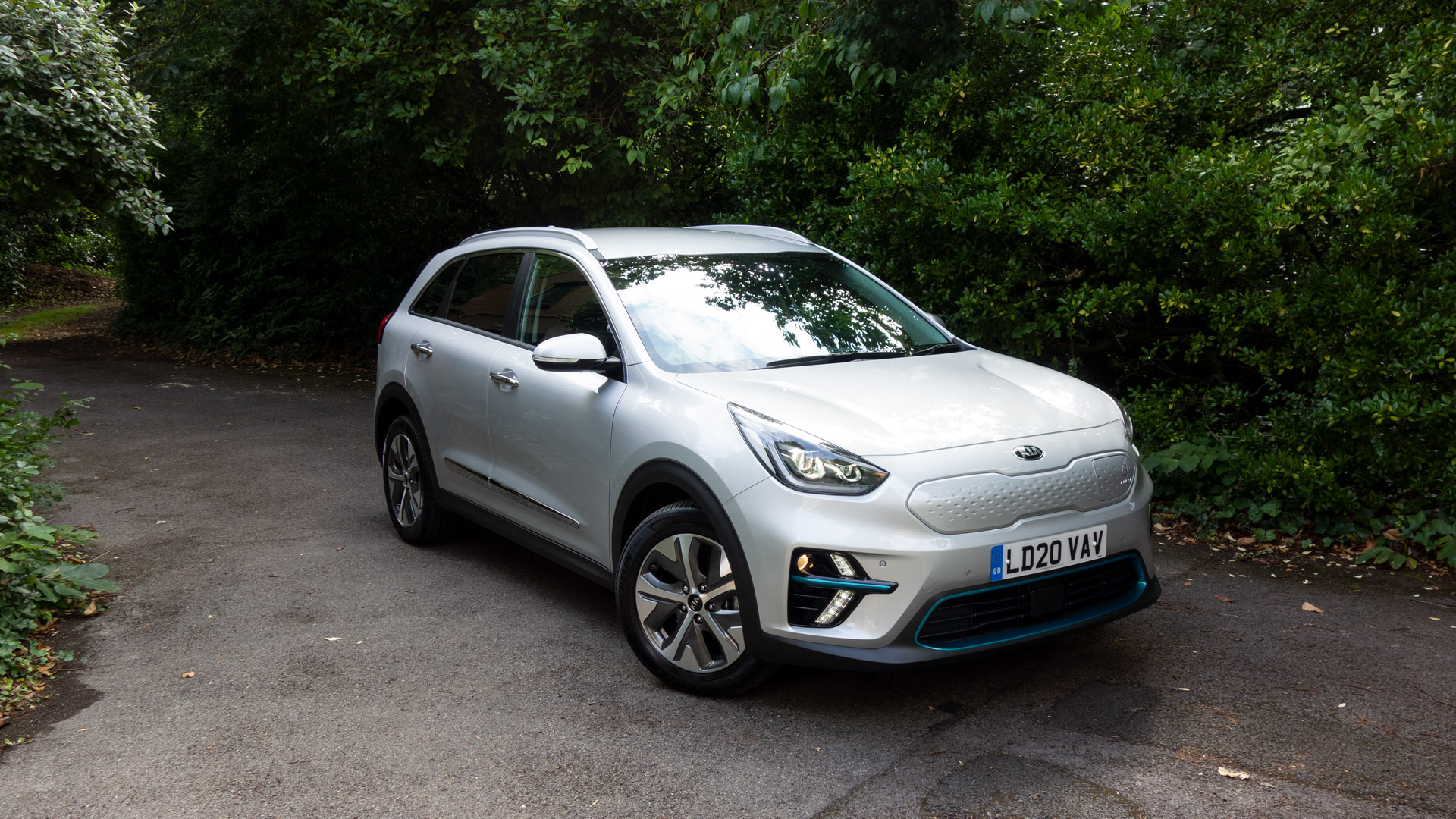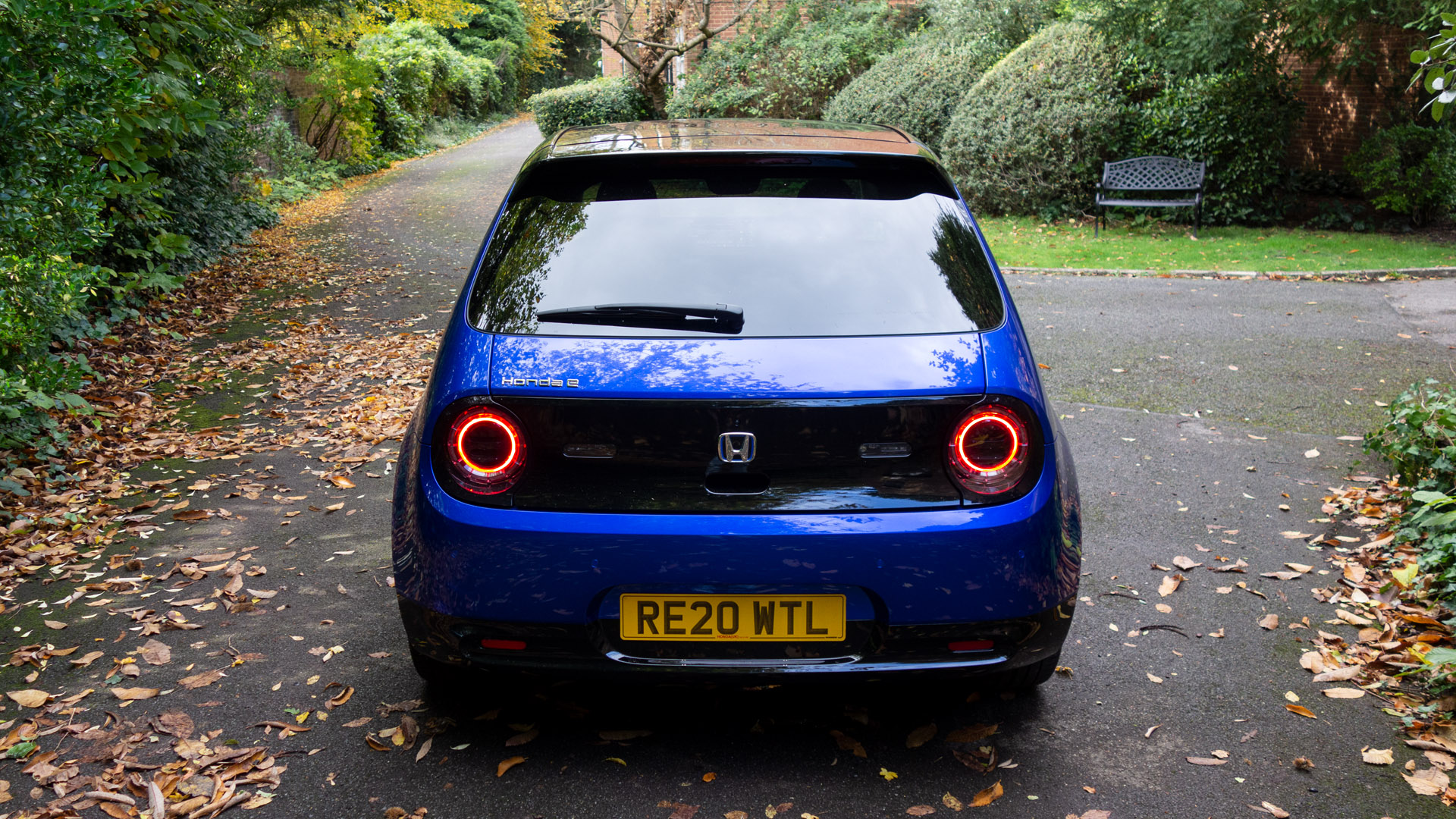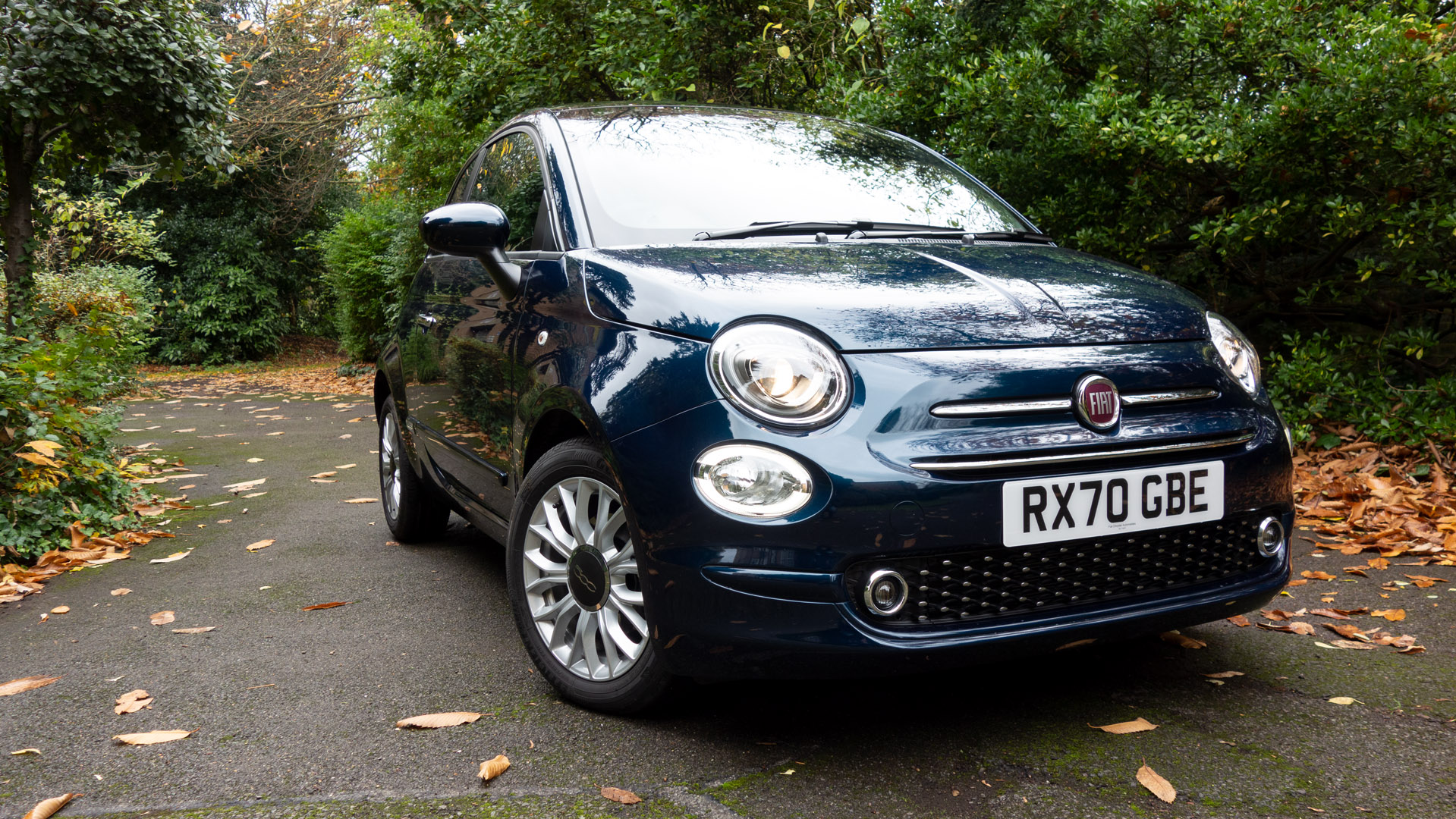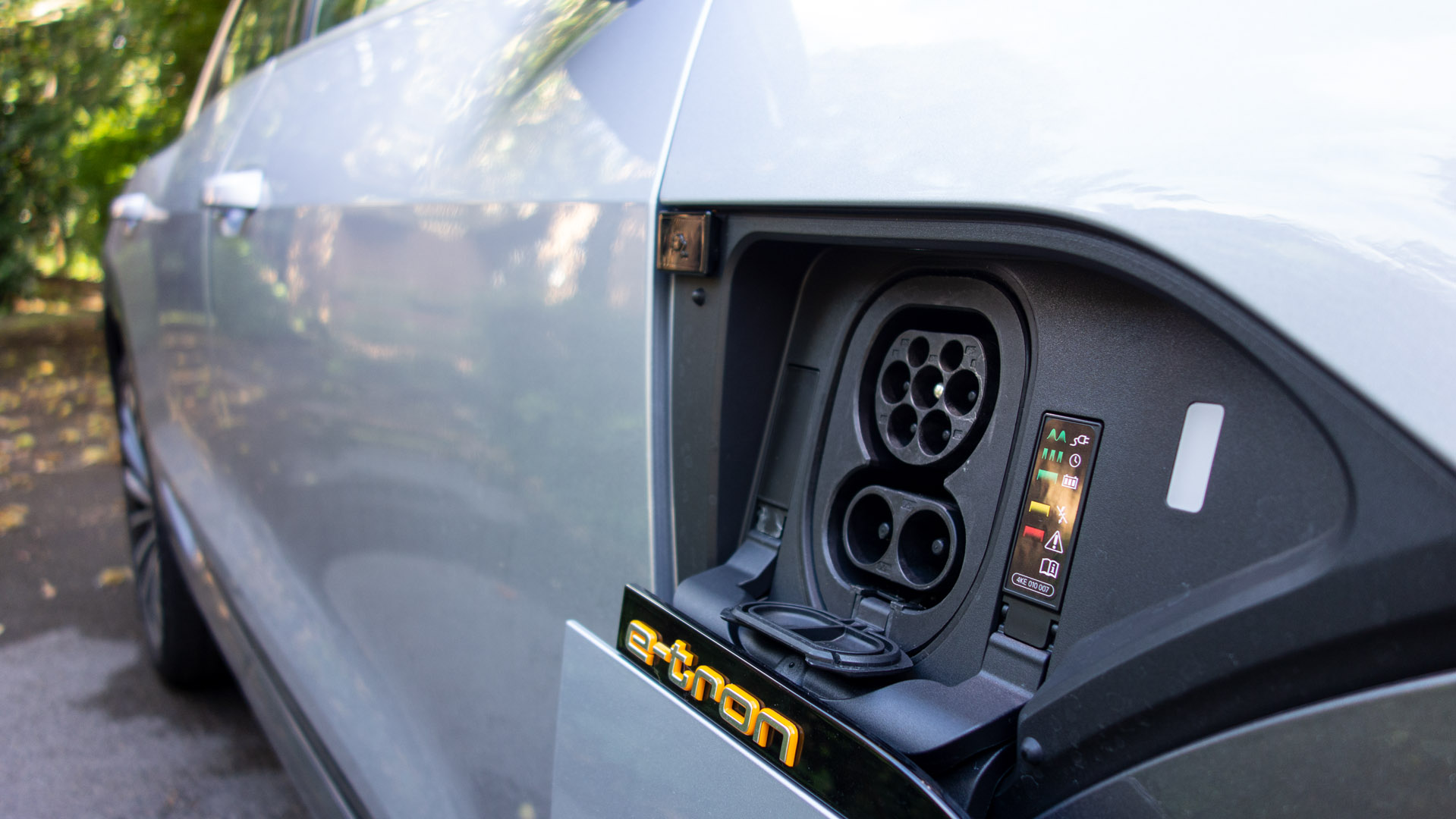Over the past few months, the UK has had to stay light on its feet to be able to pivot quickly in response to changing lockdown restrictions. However, this has provided an opportunity to gain a new perspective on our daily impact on the environment and the impact our life of commuting has on the planet.
With the recent expediting of the phasing out of fossil fuel vehicles from 2040 to 2030 by the UK’s government, the country now has to figure out how to transition a population that relies heavily on standard cars to the unfamiliar of electric vehicles.
The only way to do so is to ensure consumers are on the right side of change and can transition without hesitancies. However, research by RingGo, a pay-by-phone parking service, has found that UK drivers are sitting on the sidelines of environmental change with only two-fifths willing to make the electric vehicle leap.
Which raises the question: how prepared are we for the 2030 deadline? TotallyEV reached out to Peter O’Driscoll, Managing Director at RingGo to get his thoughts on the subject.
Read next: Audi e-tron review: Best premium all-electric SUV?
Turning ‘talkers’ into ‘doers’
It turns out, Brits may like to talk a big game when it comes to being more considerate of the environment, with 76% of the population admitting that they are aware of the environmental impacts of driving. Yet, voices seem to fall silent when it comes to turning consciousness into action.
Buy a car phone mount on Amazon (Affiliate)
Amongst reasons for hesitation, many highlight the need for greater knowledge about the capabilities and benefits of electric vehicles. The study found that almost a third (32%) of drivers who are open to EVs require greater availability of charging points to make the switch, whilst one in five (20%) of those currently not considering an EV would consider buying one if their range were greater.
Drivers will need to understand what they can get in return when being encouraged to make the switch that may seem financially unnecessary in the current climate. There are already some initiatives in place, such as a reduction on taxation, the drop to a 0% benefit-in-kind (BiK) rate and Emissions Based Parking (EBP), that incentivise drivers to choose more sustainable option. However, without a widespread effort to increase the knowledge around EVs, the UK will struggle to meet set goals.
Read next: Kia e-Niro review: The best all-electric SUV?
The behavioural ‘U-turn’
Global initiatives to raise awareness of pollution and global warming over the recent months have caught the attention of many. So much so that just under half (42%) admit to seeing driving as the most polluting form of transport, which in turn impacts their considerations when travelling. Nevertheless, despite this knowledge and the push for more eco-conscious behaviour, only 38% say that the environmental impact affects the amount of driving that they do.
The pandemic has also highlighted concerns from UK drivers when it comes to e-mobility, particularly in metropolitan areas. Research has found that more than half of drivers agree that they would like to choose more environmentally friendly methods of transport when travelling, but feel safer in their standard car, with the majority of drivers in agreeance residing in London (63%).
This highlights the difficulty in changing ingrained behaviours, despite many becoming even more appreciative of cleaner air and healthier environments in recent months. With only a decade to go until the phase-out of fossil fuel vehicles, this alarming insight should urge the government and automotive industry to take action to get all UK drivers on board.
Read next: Only two fifths of UK drivers are willing to switch to an EV
Leaning on the UK’s millennials
It may not seem surprising to some, but the UK’s most eco-centric generation lies within the millennial age bracket – especially when questioning their mobility choices.
Research carried out in 2019 found that seven in ten (71%) millennials admit that the awareness of their carbon footprint impacts how much they drive, compared to only 48% of the UK’s senior citizens. A year later the UK’s younger generation is still leading the way, with 49% confessing that they regularly think about their environmental impact when driving, causing over half (53%) of the UK’s Gen Y population to lean towards an electric car for their next purchase.
However, the survey also found that the pandemic is a hindering factor within the same age bracket, as 56% of millennials highlight that they would like to choose more environmentally friendly methods of transport when travelling but feel safer in their car. Despite millennials waving the flag of eco-consciousness, they are clearly less outspoken than before the pandemic, and action needs to be taken.
Buy a car phone mount on Amazon (Affiliate)
Enforcing a wider understanding
Overall, the pandemic has seen a wave of strong activism and more conversations around sustainability, which has driven the nation to re-evaluate mobility solutions. However, more needs to be done by businesses, special interest groups and local communities to convert consciousness into action. The flurry of activism alone will not drive the widespread change that is needed, and this challenge cannot be put on the shoulders of motorists alone.
Read next: Can we use sport as a platform for climate change?
Businesses and operators now need to expand consumer understanding of what EVs can offer drivers, how far they can really go and the ever-growing availability of charging points. Drivers also need to know about the financial benefits that are available to them, such as the BIK scheme and emissions-based parking, that are in place to reduce concerns when it comes to money. With this knowledge and mounting incentives, motorists will be able to make informed decisions about their next car or how they take their next journey.

